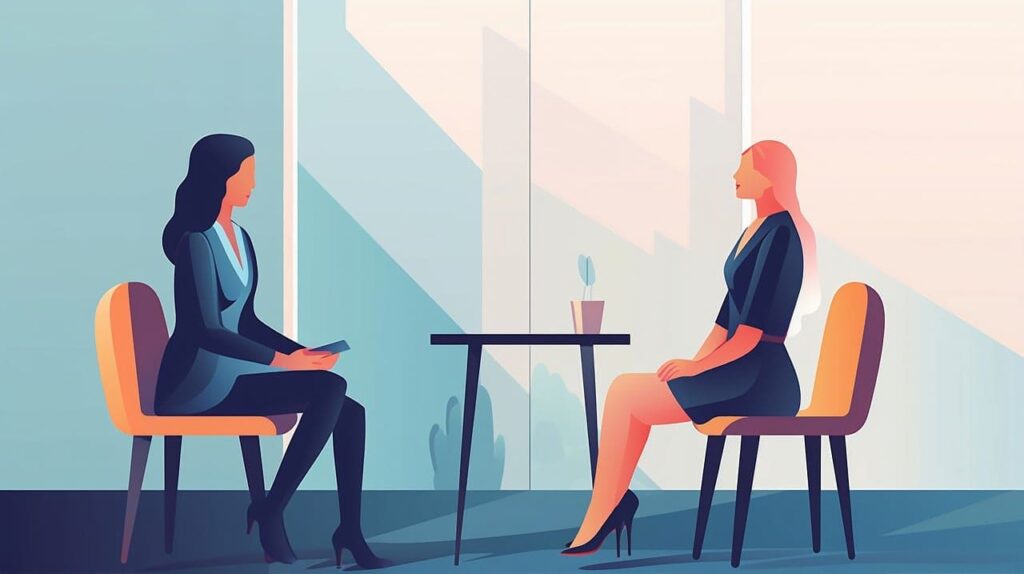
Communication skills play a pivotal role in career success, and nowhere are they more critical than in a job interview. Your ability to articulate thoughts, express ideas, and engage with others can significantly impact the impression you leave on potential employers. In this article, we will explore practical strategies to improve communication skills specifically tailored for interview settings.
Understanding the Importance of Communication Skills in Interviews:
Before delving into specific techniques, it’s essential to recognize why communication skills are crucial in an interview. Effective communication demonstrates your:
- Clarity of Thought:
- Employers seek individuals who can articulate their thoughts clearly and concisely.
- Clear communication reflects a strong understanding of your own ideas and the ability to express them logically.
- Professionalism:
- Effective communicators are often perceived as more professional.
- Polite and respectful communication contributes to a positive image and fosters a favorable impression.
- Ability to Connect:
- Building rapport with interviewers is easier when communication is engaging and relatable.
- Employers value candidates who can establish a connection, as it indicates potential for effective collaboration.
Now, let’s explore practical tips to enhance your communication skills for interviews.
Body:
1. Preparation is Key:
Before the interview, thoroughly research the company and the role you’re applying for. This knowledge will empower you to:
- Speak confidently about the company’s values, mission, and recent achievements.
- Tailor your responses to align with the organization’s needs and goals.
2. Practice Active Listening:
Effective communication is a two-way street. Develop your active listening skills by:
- Maintaining eye contact to convey attentiveness.
- Nodding and using affirming gestures to show engagement.
- Avoiding interruptions and allowing the interviewer to finish speaking before responding.
3. Master Non-Verbal Communication:
Your body language can convey as much, if not more, than your words. Pay attention to:
- Posture: Sit up straight to exude confidence and attentiveness.
- Facial expressions: Maintain a pleasant and approachable demeanor.
- Hand gestures: Use purposeful gestures to emphasize points without being distracting.
4. Polish Your Verbal Communication:
Articulate your thoughts effectively by:
- Avoiding filler words (e.g., “um,” “uh”) to project confidence.
- Speaking at a moderate pace to ensure clarity and comprehension.
- Using a varied and expressive tone to keep the interviewer engaged.
5. Craft Compelling Stories:
Rather than simply listing your accomplishments, illustrate them through engaging stories. This approach allows you to:
- Showcase your skills in action.
- Capture the interviewer’s attention by making your experiences memorable.
6. Adapt Your Communication Style:
Tailor your communication to match the interviewer’s style. Pay attention to cues such as:
- Tone: Match the interviewer’s tone, whether it’s formal or more casual.
- Pace: Adjust your speaking pace to align with the interviewer’s rhythm.
7. Be Mindful of Cultural Differences:
In a diverse workplace, understanding and respecting cultural differences is crucial. Be aware of:
- Non-verbal cues that may differ across cultures.
- Language nuances and potential misunderstandings.
8. Embrace Constructive Feedback:
Seek feedback on your communication skills and be open to improvement. This demonstrates:
- A willingness to learn and grow.
- Your commitment to continuous self-improvement.
9. Use the STAR Method for Behavioral Questions:
When responding to behavioral questions, structure your answers using the STAR method:
- Situation: Describe the context.
- Task: Explain your role and responsibilities.
- Action: Detail the steps you took.
- Result: Highlight the positive outcome.
10. Stay Calm Under Pressure:
Interviews can be stressful, but maintaining composure is vital. Practice techniques such as:
- Deep breathing to manage nerves.
- Pausing briefly before responding to gather your thoughts.
Conclusion:
In the competitive landscape of job interviews, effective communication can set you apart from other candidates. By honing your communication skills, you not only enhance your chances of securing the desired position but also contribute to a positive and collaborative work environment. Remember, communication is a skill that can be developed and refined over time with practice and self-awareness. As you continue to strengthen your communication abilities, you’ll find yourself better equipped to navigate the intricacies of interviews and excel in your professional journey.




